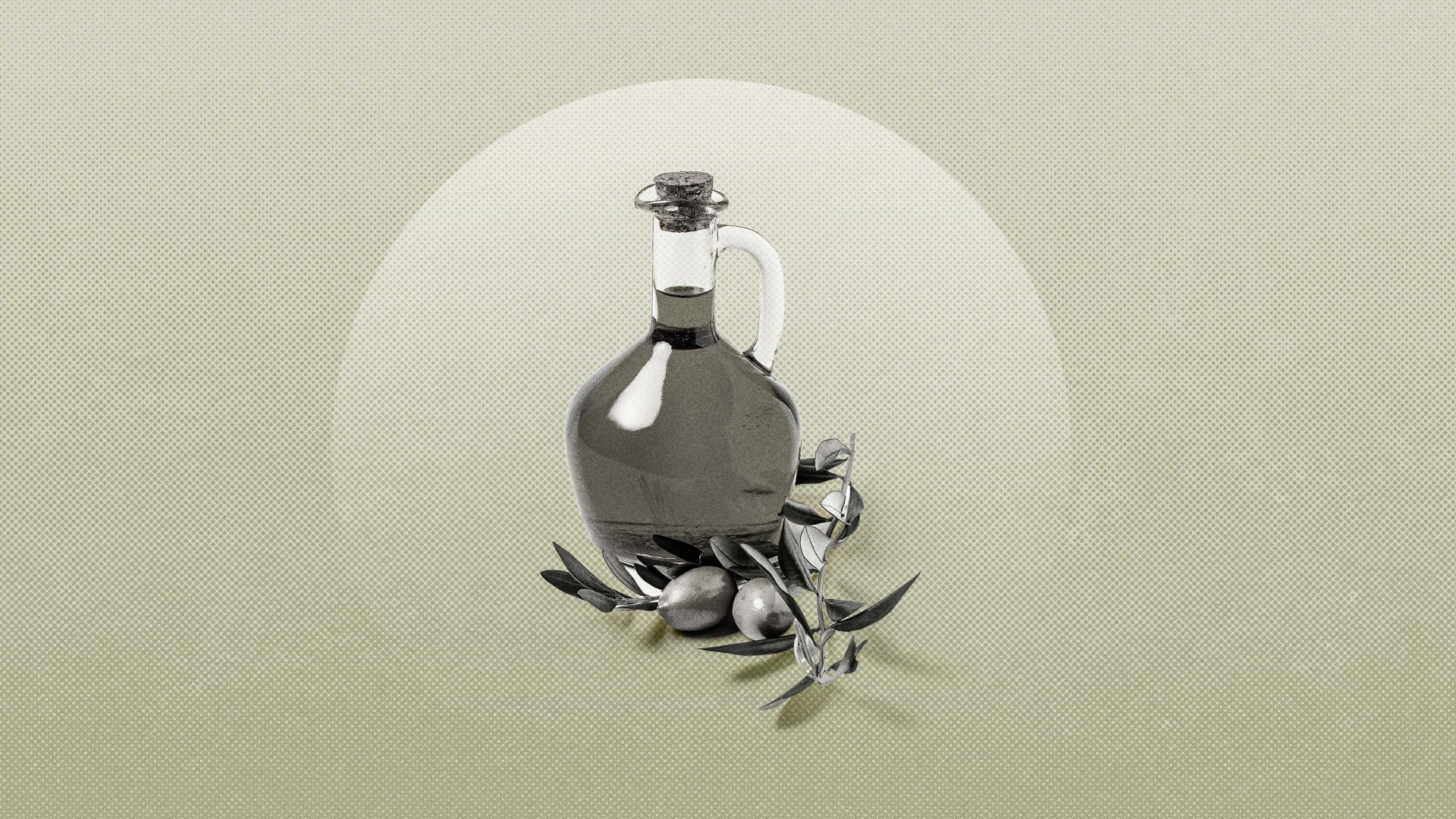Earlier this week the unthinkable crossed my mind: could Italy be running out of olive oil? The thought came to me when I visited the corner shop – or alimentare – in my neighbourhood of Volpago del Montello.
As I was frowning over the cheese and biscuits, Walter, the shop owner, grumbled something in his distinctive north-eastern Italian accent, complete with a Sean Connery-esque “sh”, which is typical of this part of Veneto.
“I would say grab some olive oil to take back with you too,” he said, gesticulating behind the counter, his right palm turned upwards, “but then there wouldn’t be enough for us guys here. The supply is decreasing.”
I thought he was pulling my leg, as the shelf behind me was stacked with olive oil. But Walter looked grave, as though he were letting me in on some terrible truth. I pressed him, but he waved his hands, changed the conversation and told me how much I needed to pay.
This wasn’t the first time olive oil had cropped up in conversation. Two nights before, I was eating tortellini in brodo with my partner and his family. His father, who is a born-and-bred Volpagese – the term used to describe people from the town – complained about the rising cost of olive oil, as he poured it on to his dish.
Other family members said they were worried about the strange weather, particularly the lack of rain, and the extreme summer heat, which was destroying olive groves and many other crops besides.
As it so happens, Walter and my adopted Italian family weren’t being over-dramatic. A recent report from the International Olive Council predicts that the Italian peninsula will only produce 235,000 tonnes of olive oil this year, which is almost 400,000 tonnes less than 20 years ago. It’s not just Italy’s production that is dwindling. Spain is Europe’s largest manufacturer of olive oil, and production has dropped so far that, last year, the price of Spanish oil went up by 60%.
Italy had 30% less rainfall this past winter than last year. As for the summer, it was the second hottest ever recorded in the country’s 175-year history. The Po River dried up in the intense heat and even I, a sun-worshipper, longed for cooler weather. On the hottest day, July 18, I stayed indoors, turned the fan on and ate my body weight in ice-lollies.
“I produced 70% less olive oil last year,” says Donato Carone of Carone Olive Oil. “It was a complete disaster not just for me, but for all of Italy.”
Carone’s olive grove is in Puglia, and the oil from that region is well-known for its fruity, well-balanced taste.
“I drink it every morning,” Carone tells me.
“What, like a cup of water?”
No, only a teaspoon, he says. But he stresses that olive oil is one of the most important products in Italian society.
“It’s a necessity for us – and it’s also something special, like red wine. It cures people and it is tasty.” If Italy loses it, he says, “we won’t be able to cook red meat, we won’t be able to cook fish, we won’t be able to make the base for pizza, and we will have dry bread. If it goes, Italian cuisine won’t be Italian cuisine. Maybe Italy won’t feel like Italy.”




